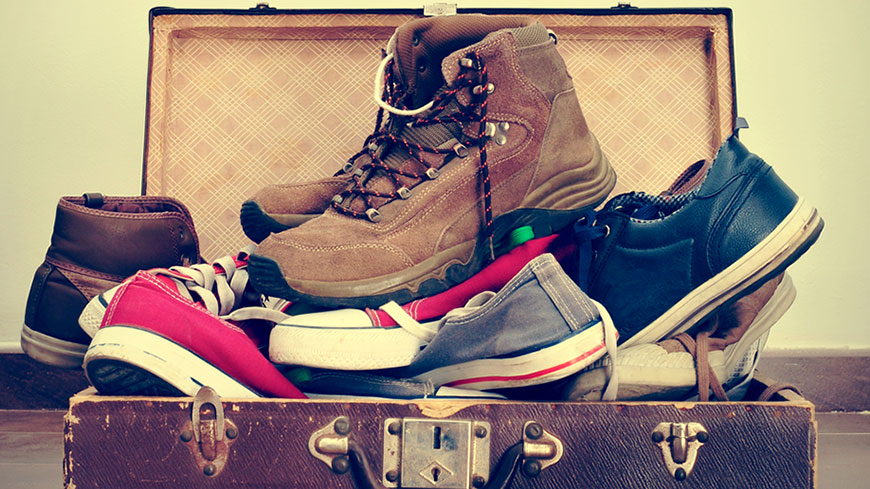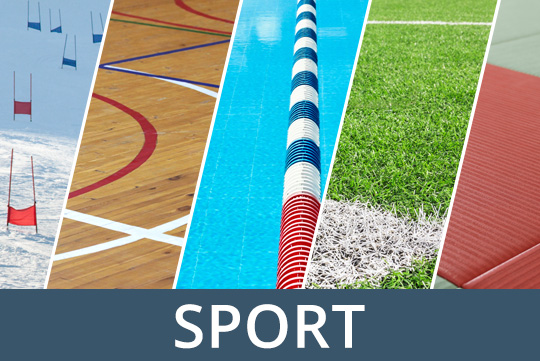The challenges currently facing Europe on how migrants and refugees can be successfully integrated into local communities are not short-term, and will remain on the political agenda for the forseeable future. These challenges can be seen as three-fold: economic, legal and social. This third aspect - the challenge of social integration – is of particular interest when it comes to sport.
The positive values of sport as a tool for promoting human rights, encouraging peace, and fostering international understanding in a spirit of mutual respect between people can be seen to play an important role in helping both host societies and new arrivals in a community come together to build new social connections. Common interests and values can be shared through sport, bringing people together to promote intercultural dialogue, overcome differences, and reduce intolerance.
The EPAS 2016 Conference, held in Vienna, in partnership with the Austrian Ministry for Defence and Sport, focused on the theme of newly arrived migrants and their integration via sport. Showcasing best practices from across Europe at international, state and local level, the conference presented how Olympic committees, local authorities, NGOs, sport clubs, and coaches can and are using sport as a tool to cultivate tolerance and social inclusion. Despite the high quality and positive impact of many of these projects across Europe, it was clear at the conference that there was a lack of widely-available information concerning the many projects that are taking place in communities across Europe.
EPAS decided to bring all these projects and good practices into one network, and so launched a platform for migrant integration via sport. The platform will facilitate the sharing of expertise between relevant stakeholders at international, national and local level, such as government authorities, the sports movement and NGOs. Its aim is to provide its users with useful and practical information; it will include otherwise isolated projects, enhancing their visibility, and promoting their work. Furthermore, the mapping of these projects is without doubt a positive step in showing the potential of sport and how it can be used in wider integration policies.
This platform is one of the initiatives outlined in the Council of Europe Action Plan on Protecting Refugee and Migrant Children in Europe, promoting integration opportunities for children, and enhancing their social inclusion.
EPAS is also a dissemination partner in the ASPIRE project (Activity, Sport and Play for the Inclusion of Refugees in Europe) being implemented by ENGSO. This project seeks to establish how sports clubs can best support the inclusion of migrants and refugees, building on the wide popularity of sports and other forms of physical activity.
Website of the Special Representative of the Secretary General on Migrants and Refugees




